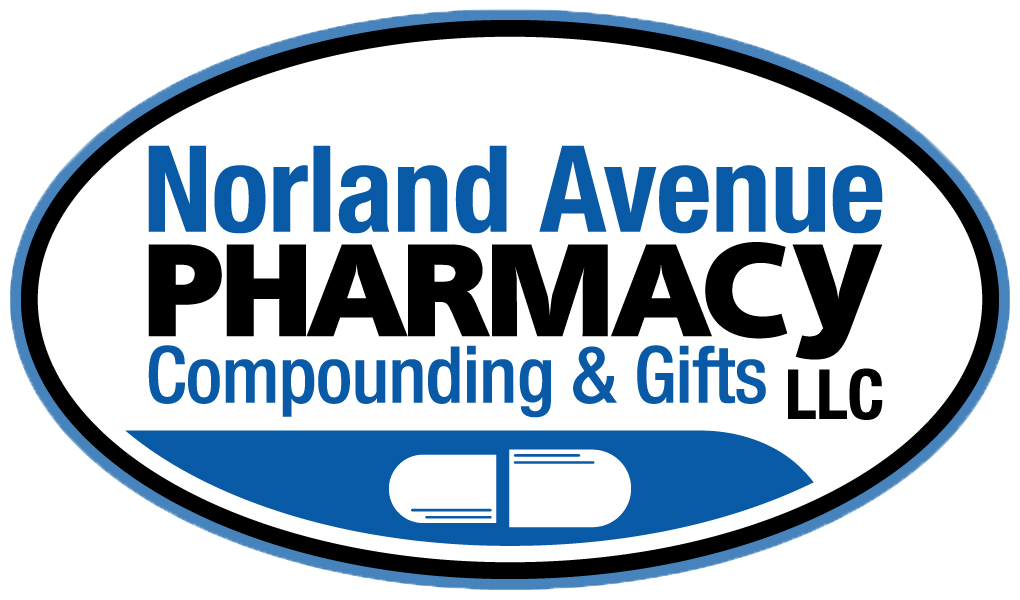Lost Your Sense of Smell and/or Taste?
- Norland Avenue Pharmacy
- Jul 7, 2023
- 2 min read
Updated: Mar 29, 2024
The aftermath of the COVID-19 pandemic includes many people who continue to suffer from a loss of smell and/or taste. When our essential oils specialist, Sharon, had a loved one experiencing this, she went to work to find a way to help. We believe her research and efforts to help her father will also be able to help many of you!
Olfactory disorder means a distorted sense of smell. Whether it’s heightened, diminished, or you’re smelling smells that aren’t there at all, it means your sense of smell is not functioning properly. The two principal types of olfactory disorders are quantitative: an altered acuity of your sense of smell and qualitative: a distorted sense of smell. The quantitative smell disorders are hyperosmia (overwhelming sensitivity), hyposmia (reduced ability), and anosmia (complete loss).
A 1980s research study on androsterone, a pheromone that about 50% of people cannot smell, brought about the idea that you can train your nose to recognize an odor that you had lost the ability to detect. Charles Wysocki, an olfaction researcher, was one of the people who could not smell androsterone until he was exposed to the substance at work for several months. Seeing his specific anosmia reversed, he then conducted further research with volunteers showing exactly what he experienced – that repeated exposure to a specific odorant can train your nose to recognize it.
How does olfactory training work? It has to do with the trigeminal nerve and the neural plasticity of your brain. To put it simply, your brain is capable of creating new neural connections and bypassing those that no longer function. There is now a solid body of evidence for olfactory training as a treatment for olfactory disorders; however, it is not a quick fix. This training should be approached more as a way to slowly rehabilitate your sense of smell, like you would retrain yourself to walk after knee surgery, for example.
It is not very often that the development of a clinically endorsed aromatherapy-based protocol is seen in real time, but that is what has happened with olfactory training as a treatment for smell disorders, whether it’s anosmia or hyposmia. This brings great hope to the millions of people who have been impacted by partial or total smell loss. If you would like to learn more, please join us for our olfactory training seminar!
OLFACTORY TRAINING SEMINAR
Thursday, July 20 at 2:00PM and 7:00PM
Seating is limited! Call 717-217-6790 or visit NorlandRx.com/events to reserve your spot!

*These statements are culmination of the knowledge and experience of the team at Norland Pharmacy. The information provided here is for informational purposes only. Please consult your healthcare provider with questions concerning any medical condition or treatment. Compounded medications are not reviewed by the FDA for safety or efficacy. These statements have not been evaluated by the Food and Drug Administration, and this product is not intended to diagnose, treat, cure or prevent any disease.



Comments